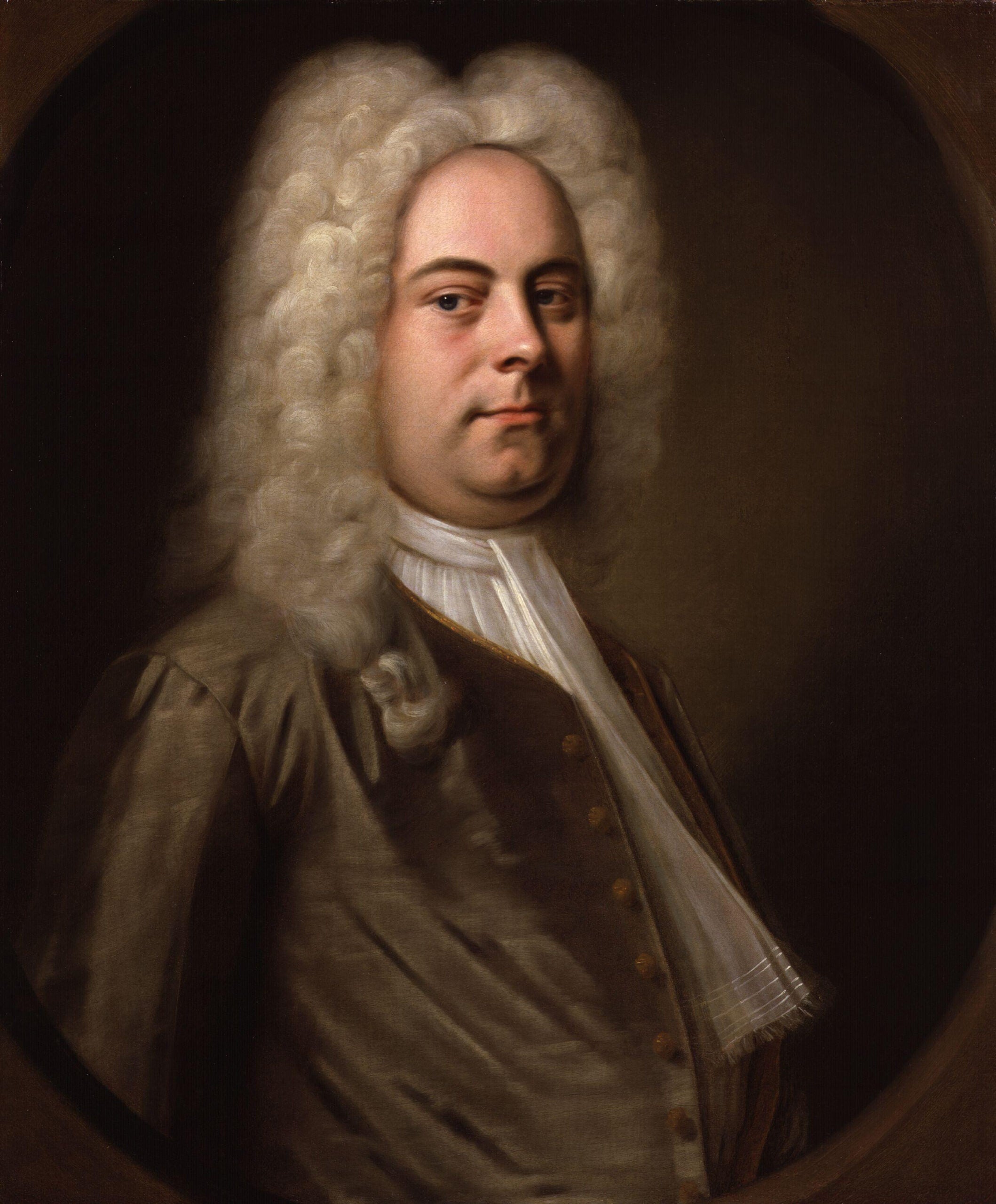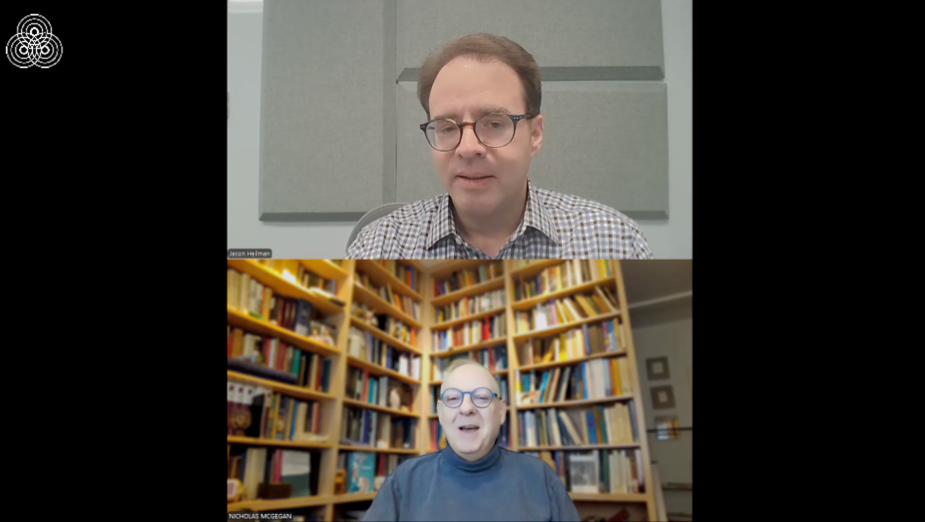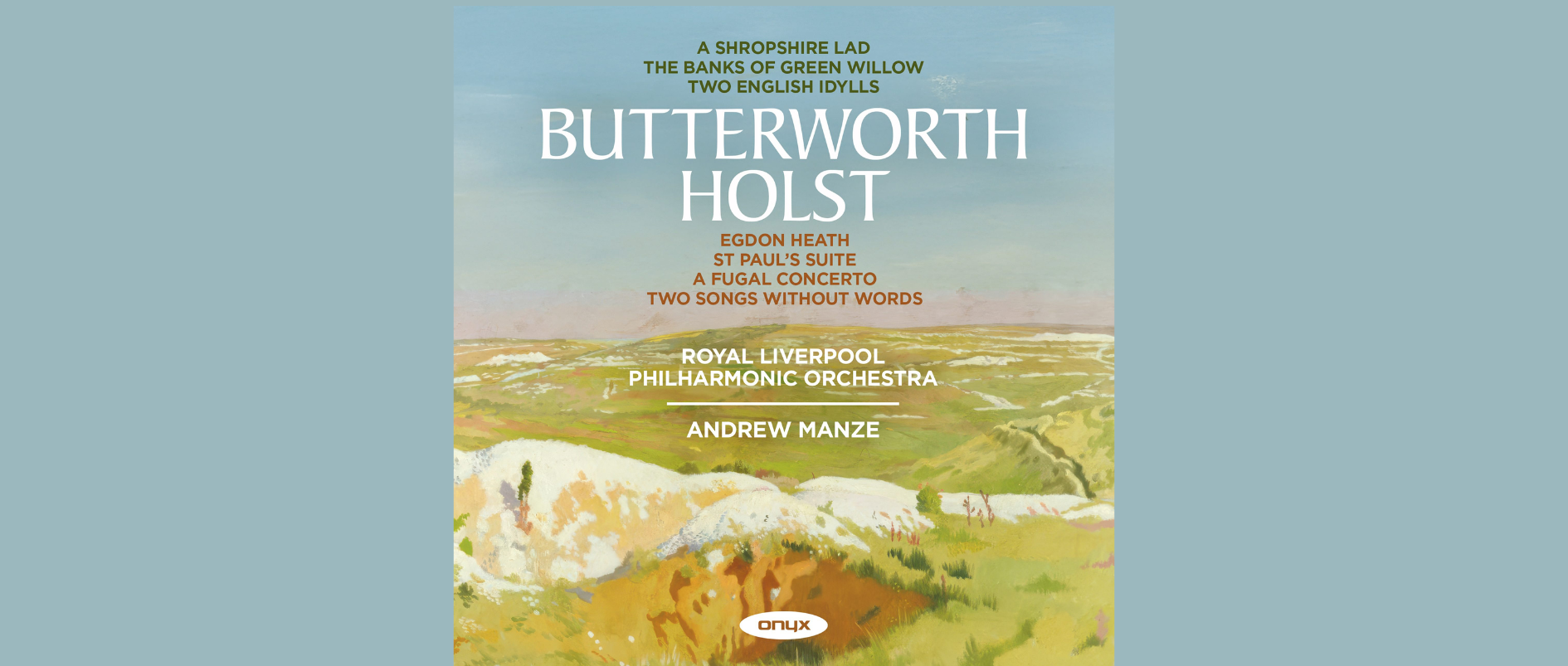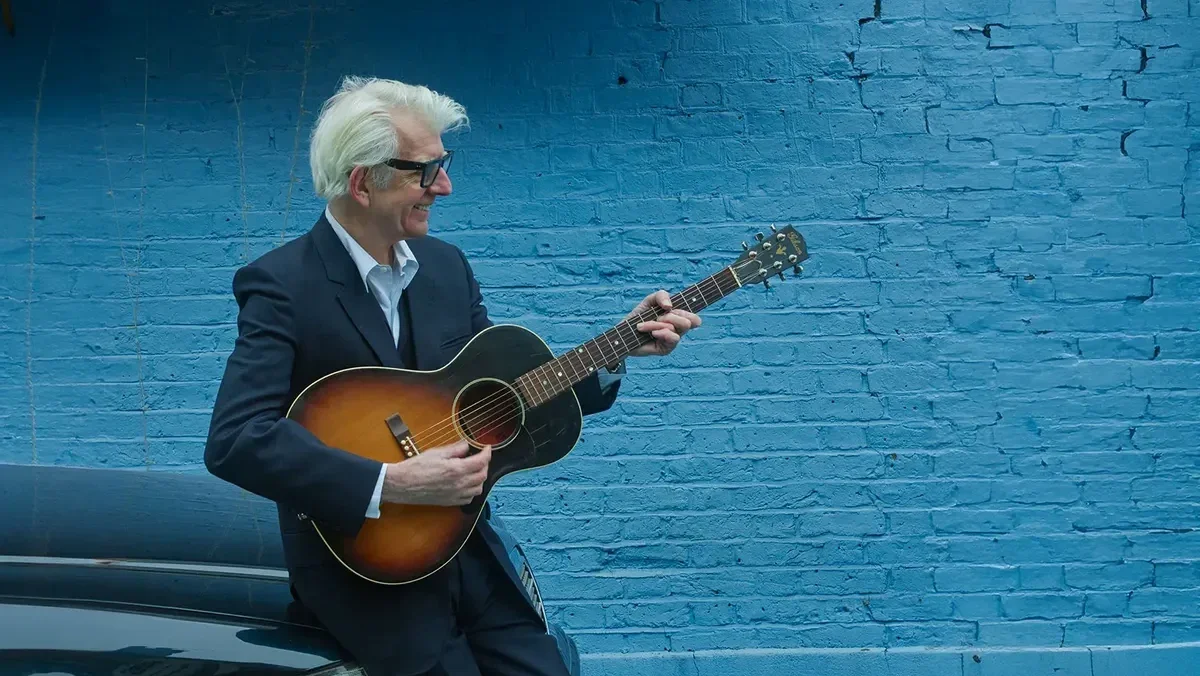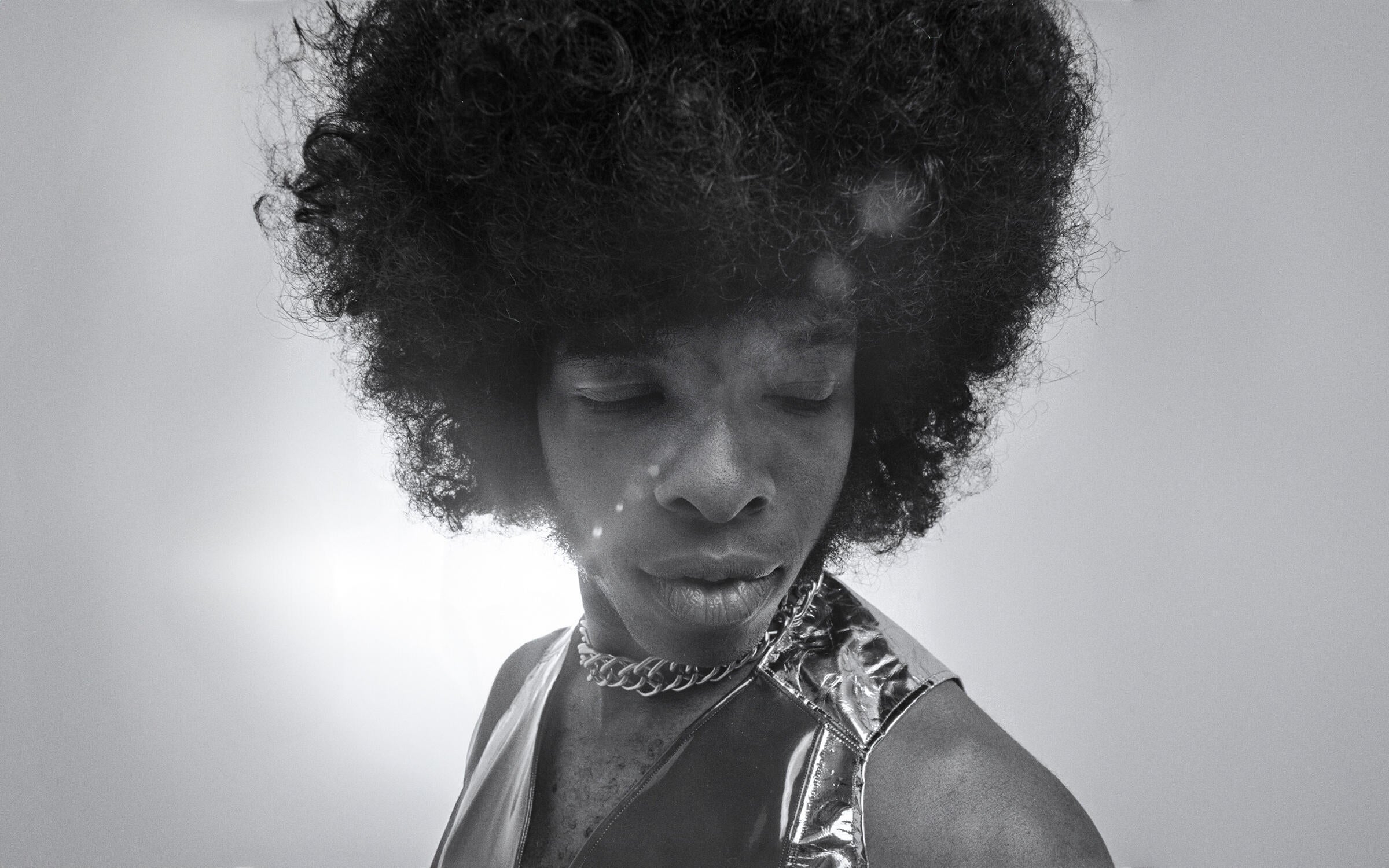George Frederick Handel wrote some of his most successful music for a peace celebration that erupted into a battle.
In 1749, late in his long career, Handel wrote his Royal Fireworks Music to celebrate the Peace of Aix-la-Chapelle which ended the eight-year War of Austrian Succession. England had spent much on the war and won little. Hoping to bolster the government’s image, King George the Second and his court embarked on a series of public relations events. The festivities were to be topped off by a colossal pyrotechnical display in London’s Green Park. Six months in advance, work was begun on a colossal fireworks pavilion.
Accompanying all the brouhaha would be the Royal Fireworks Music of Mr. Handel, completed just six days before the grand event. With a band of a hundred musicians, he rehearsed the score at Spring Gardens, Vauxhall, before a crowd of 12,000. All around, traffic came to a standstill. Apparently the king’s publicists had done their jobs well.
News with a little more humanity
WPR’s “Wisconsin Today” newsletter keeps you connected to the state you love without feeling overwhelmed. No paywall. No agenda. No corporate filter.
Then came the big night–April 27th, 1749. King George and his court watched eagerly from the vantagepoint of The Queen’s Library. At six o’clock Handel’s overture began. As it came to a close, the Royal Salute erupted from 101 brass cannon and the pavilion burst into fireworks. Unfortunately, it also burst into flames. The music may have continued for a few more movements. But it’s unlikely that the concluding minuets were heard that night because the rest of the pavilion quickly went up in smoke, and the masses who had come to celebrate the peace found themselves in a battle for their lives.
Handel nonetheless continued to enjoy a reputation as the composer whose music best represented English tastes and sensibilities, even though he had always considered himself a German.
Wisconsin Public Radio, © Copyright 2026, Board of Regents of the University of Wisconsin System and Wisconsin Educational Communications Board.
